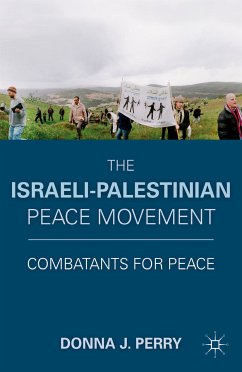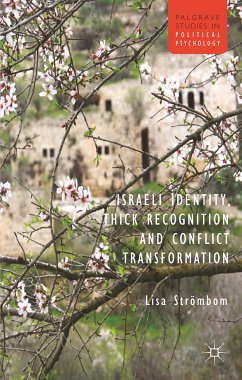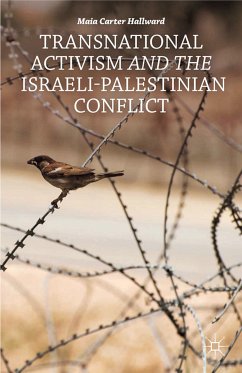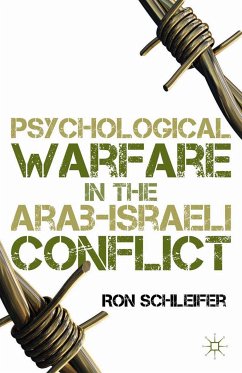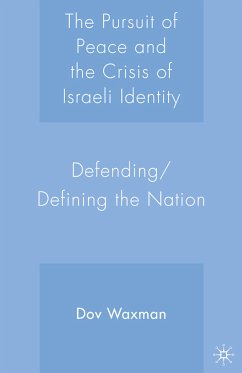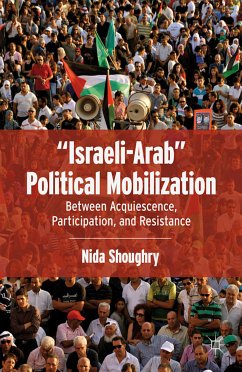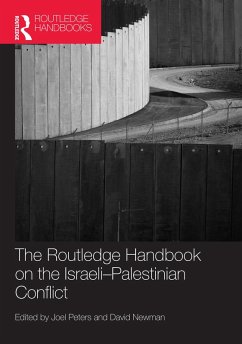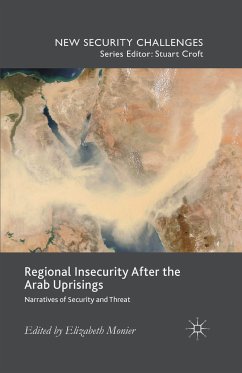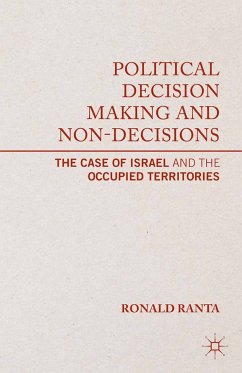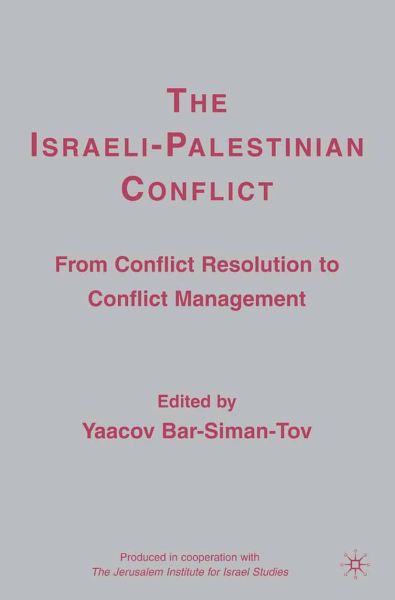
The Israeli-Palestinian Conflict (eBook, PDF)
From Conflict Resolution to Conflict Management
Redaktion: Bar-Siman-Tov, Y.
Versandkostenfrei!
Sofort per Download lieferbar
40,95 €
inkl. MwSt.
Weitere Ausgaben:

PAYBACK Punkte
20 °P sammeln!
This book focuses on the September 2000 confrontation between Israelis and Palestinians, examining the characteristics of a confrontation that developed into a protracted low-intensity conflict. Topics addressed include the strategies adopted by both sides, the reasons for the failure of moderation, and the phenomenon of unilateral disengagement.
Dieser Download kann aus rechtlichen Gründen nur mit Rechnungsadresse in A, B, BG, CY, CZ, D, DK, EW, E, FIN, F, GR, HR, H, IRL, I, LT, L, LR, M, NL, PL, P, R, S, SLO, SK ausgeliefert werden.



